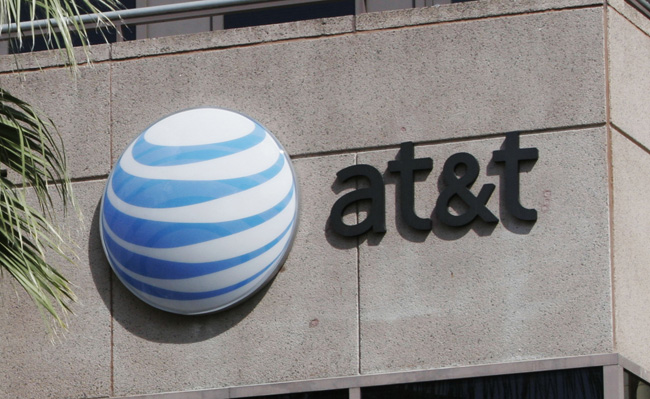
The pool of companies that control most of the media you devour on a daily basis continues to get smaller it seems. You can trace almost everything back to six major conglomerates, with a few smaller players in the mix. One of those major corporate entities is Time Warner, owner of Warner Bros, DC Comics, CNN, HBO, and many other things you likely use daily, and it’s about to be swallowed up by AT&T.
According to CNBC and several other outlets, AT&T has agreed in principle to purchase Time Warner for $85 billion and would instantly make the telecommunications giant a major player in the media landscape:
The deal, which has been agreed on most terms and could be announced as early as Sunday, would be one of the largest in recent years in the sector as telecommunications companies look to combine content and distribution to capture customers replacing traditional pay-TV packages with more streamlined offerings and online delivery.
AT&T, which sells wireless phone and broadband services, has already made moves to turn itself into a media powerhouse, buying satellite TV provider DirecTV last year for $48.5 billion.
The purchase comes on the heels of a bid by 21st Century Fox to buy Time Warner for $80 billion in 2014 — a deal that was turned down and never heard from again. Apple also apparently tried to snatch up Time Warner according to The Wall Street Journal, but the company has moved on to a relationship with AT&T. The why and how that will work is a question rolling through many minds this weekend.
The merger seems to be coupled with the impending announcement of 5G coverage on mobile devices, making the idea of having a slate of established properties an interesting idea for a company like AT&T. But many are saying that it is a bad idea while some are questioning what it could mean for other services and their access to things like HBO:
Cowen and Co analyst Doug Creutz questioned the strategy of buying content instead of licensing it.
“What does it get them that they can’t get by licensing Time Warner content and at a much cheaper price than buying the whole company?” Creutz asked, noting it was unclear what savings could be gained “from stapling distribution and content together. It’s been tried. It never works.”
AT&T would likely be able to win U.S. antitrust approval for the deal, some experts said, but regulators likely would put conditions on approval, some experts said.
The finalized deal is said to be coming on Sunday, so we should know the particulars before the close of the weekend. As CNBC puts it, the merger is the latest sign that media is rolling towards more consolidation. Netflix, Google, and Amazon are on the scene with growth and there are many other companies just like them out there to end up plucked by the major players in charge. Will it be trouble or a blessing for consumers?
(Via The Wall Street Journal / CNBC / CNN Money)






